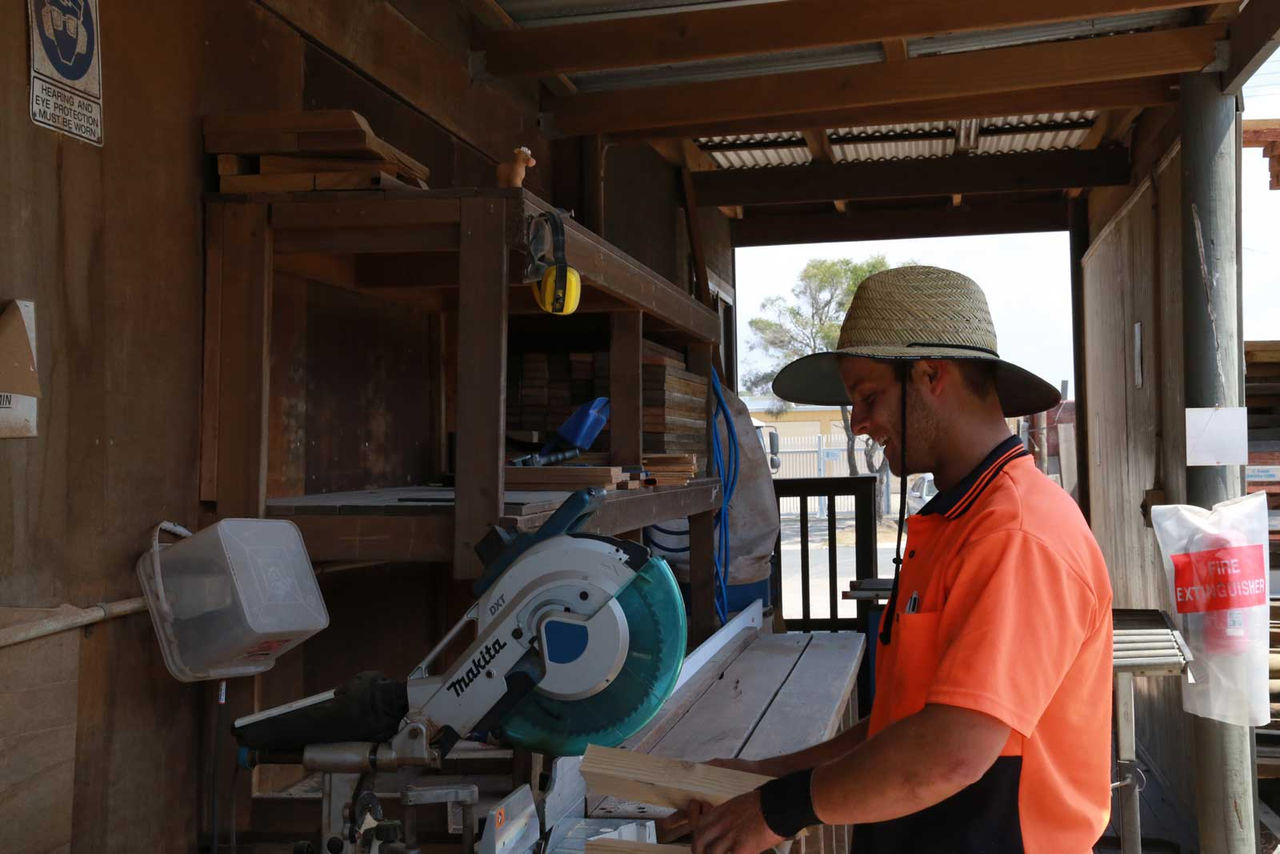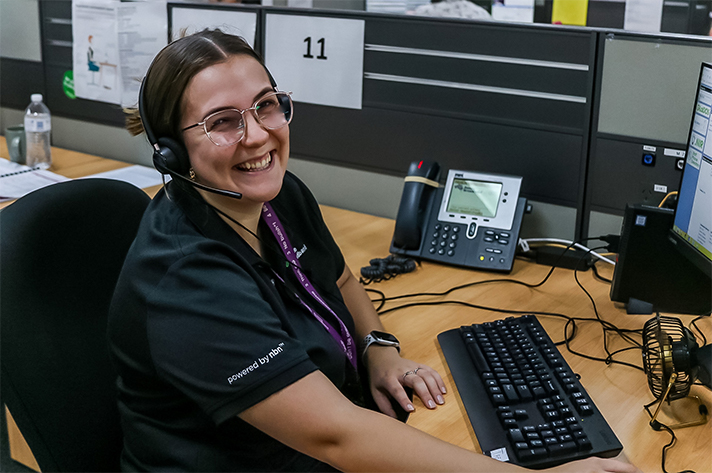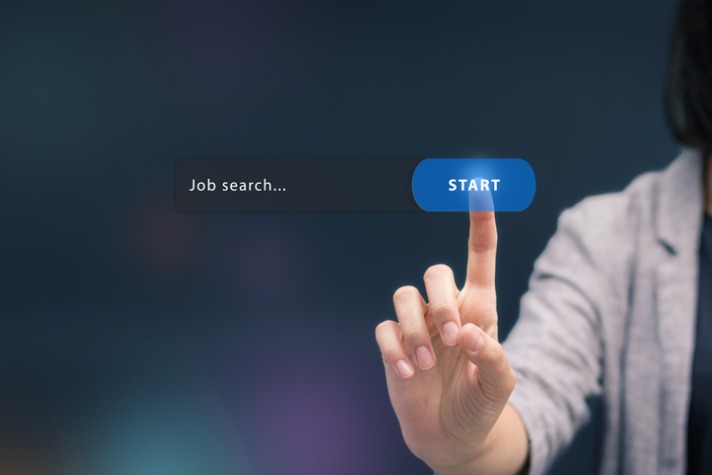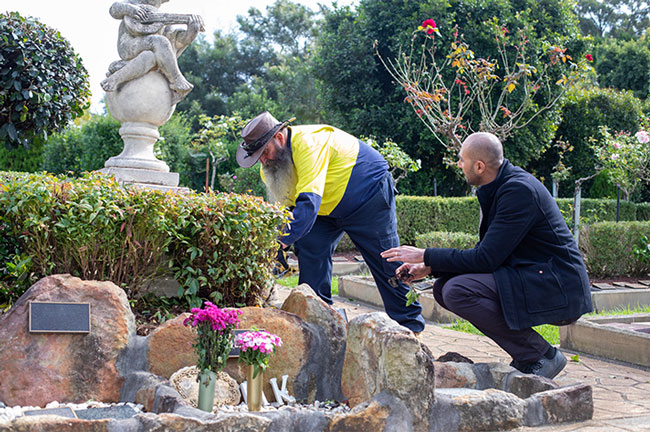Dealing with stress in the workplace
Published by MAXSolutions on October 23, 2022

It doesn’t just impact your mental health; it has a flow- on effect both on your physical health and the quality of your relationships as well.
So it’s important to make sure that you have the right tools and strategies to keep yourself mentally fit.
7 tips for dealing with stress in the workplace
1. “Know thyself” – Understanding yourself and being able to recognise what causes you stress is an important first step.
A good way to start identifying your triggers or symptoms is by thinking back to a recent stressful time and writing down the following:
what was the stressful event?
what particular parts of it made it stressful?
How did your behaviour change to work or other people?
How did you feel leading up to and during the stressful event?
What negative outcomes came from the event?
This first step is the most important as you won’t be able to effectively manage stress if you can’t recognise your own signs and stressors.
2. Talk about it - It is cathartic to express yourself and talk about your stressors with people you feel safe with.
This can be with a family member, close friend, or colleague.
This also allows others to share your burden and provide support as required.
Another option is having a chat with your workplace’s Employee Assistance Program (EAP)
EAPs are staffed by qualified health professionals that offer a free and anonymous service to listen to your concerns and offer advice based on your unique situation.
3. Make a plan – Once you have an idea of what makes you stressed at work you can start creating a plan to work through the pain points to either minimise their effects or eliminate them all together.
Doing some problem-solving to explore different ways of tackling your problems and how you can apply them in a practical way is what this step is all about.
It is important to be realistic at this stage as your plan will likely require the assistance of your boss or colleagues to succeed.
4. Be kind to yourself – Everyone gets stressed, and everybody fails sometimes. It’s important to remember this and not to get sucked into a negative spiral.
Negative self-talk can really influence how we respond to stress and be the difference between helplessness or resilience.
We are stressed it can be easy to tell ourselves “I can’t do this” or “I can’t cope”.
These kinds of self-defeating thoughts can stress us out more.
When you catch yourself thinking negatively try and shift the focus to more helpful thoughts instead.
Try using something like “I have done well given my circumstances” or “What else can I do to overcome this?”
5. Look after your body too – Our mental health and physical health are intertwined. A poor diet can affect our mental health which in turn can make us more stressed.
Excessive consumption of processed and sugary foods or caffeine can lead to energy crashes in the afternoon or spikes of edginess and anxiety that can make our stress worse.
A poor work-life balance can mean that we don’t get enough physical exercise, have poor sleeping habits or don’t get enough time with our loved ones. All this can impact our stress levels.
So make sure you are getting enough sleep, have a balanced diet, and get some exercise in too.
6. Be mindful – No matter how busy life gets, it’s important to take a step back and pause for a moment.
Mindfulness can be a great antidote to stress at work and there are different ways you can go about relaxing depending on what works for you.
Taking a walkthrough nature, trying some breathing exercises or meditation, or even some gentle yoga can all help.
There is also a wealth of choice online for videos or free apps that can help you get centred if you need a bit more guidance.
7. Seek help – There’s no shame in seeking help and reaching out to your doctor, a psychologist or a counsellor might be the best way when dealing with stress.
They work together with you to devise strategies that can help you identify stressors, manage stress better and think more positively.
The government also provides some financial assistance with these kinds of treatments through Mental Health Care Plans.
This Article was written under the review of David See.
David See is a registered counselling psychologist with a Masters in Counselling Psychology from Monash University.
David has experience in providing mental health services to clients in employment, disability services, and EAP.
He is a board approved supervisor and currently provides clinical governance of mental health services delivered by allied health professionals.
Share
Tags
Found this useful?
Help and advice
Our blogs are about helping people seek the information that they need for their steps in the workforce.









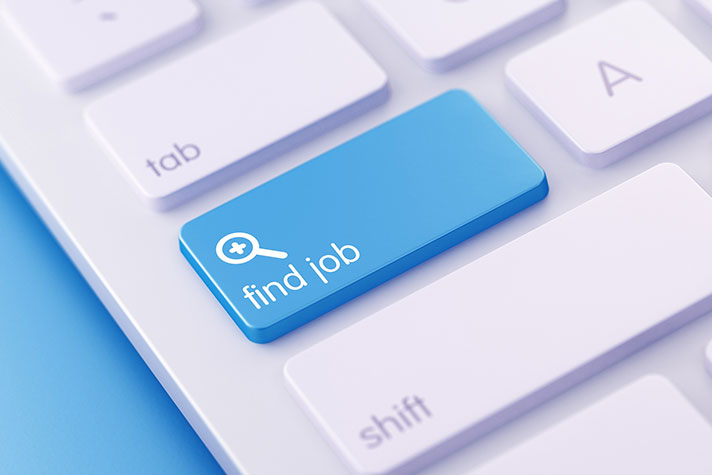




_1.jpg)




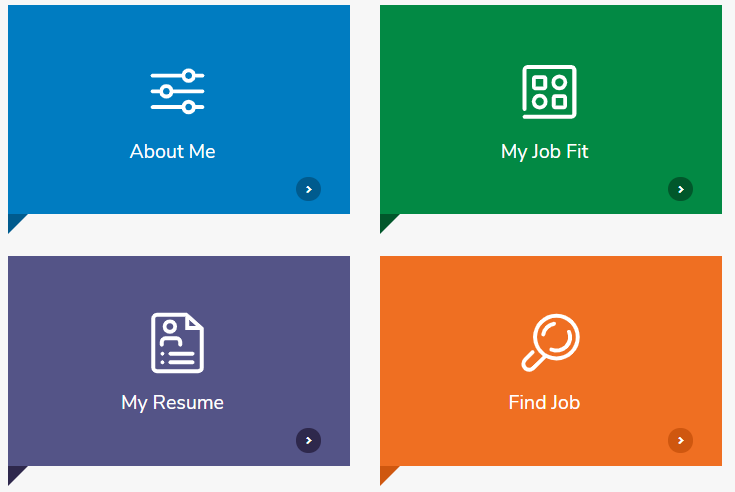

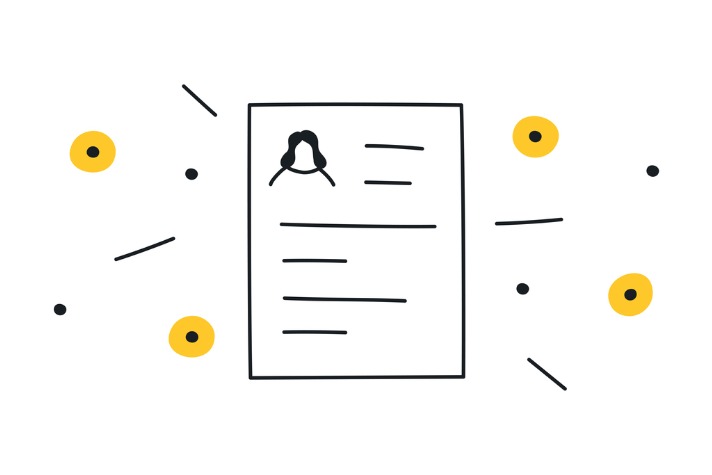

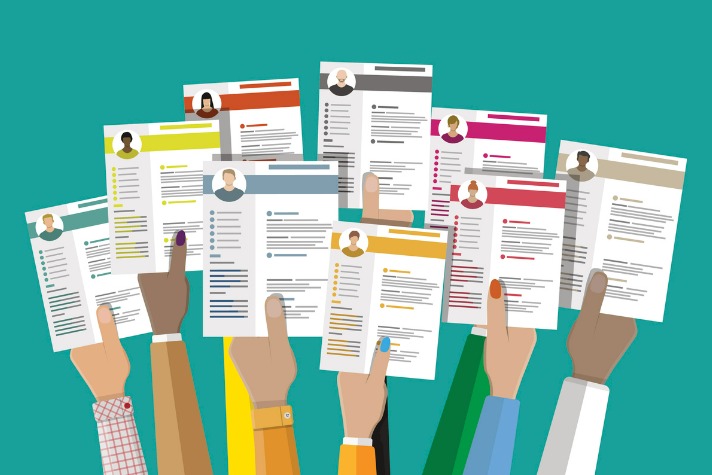
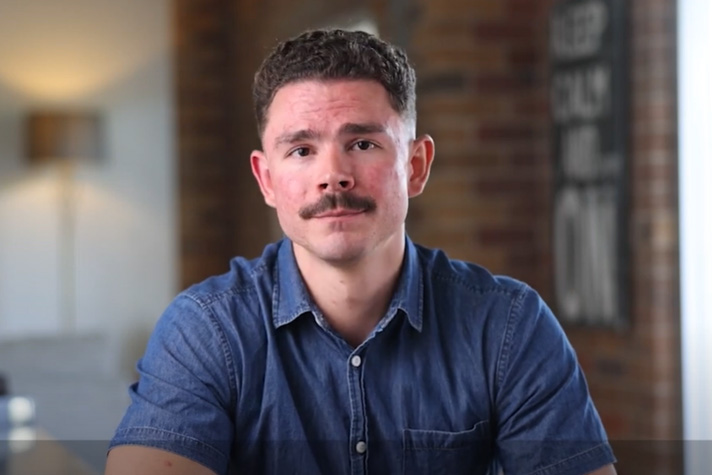
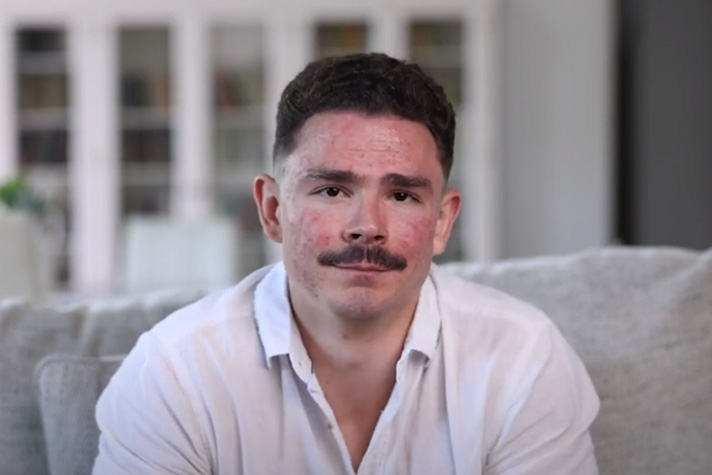

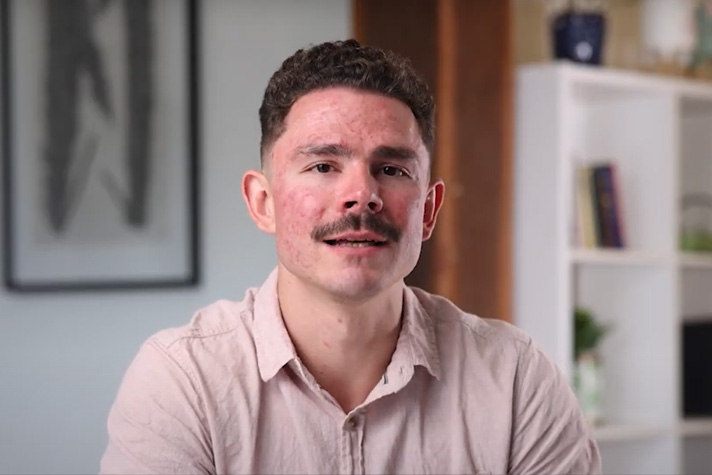







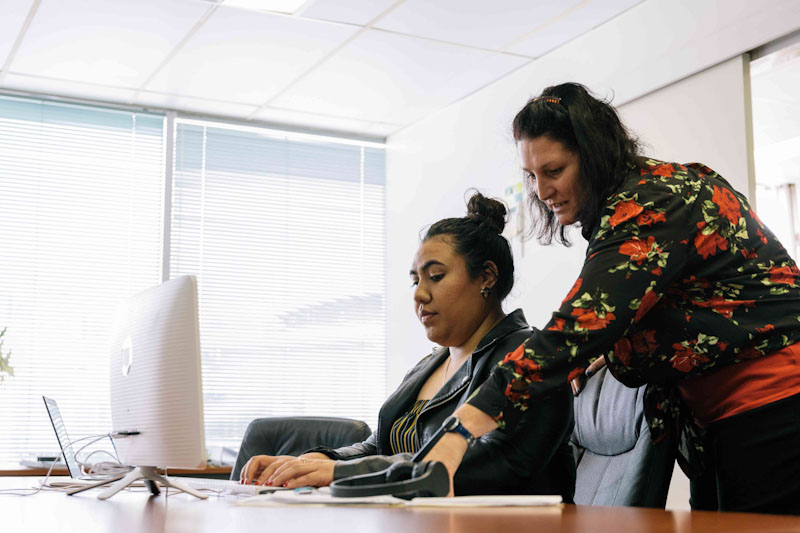








.jpeg)
